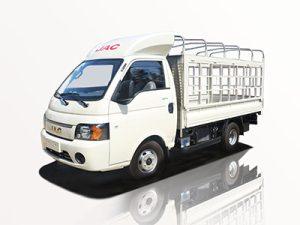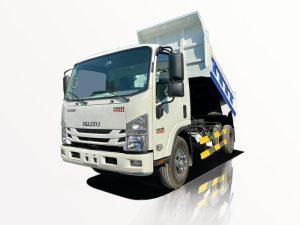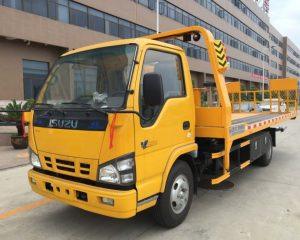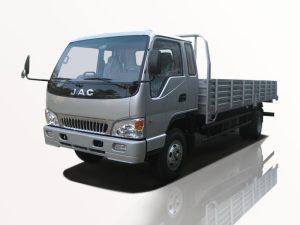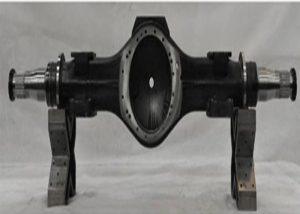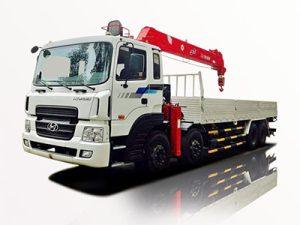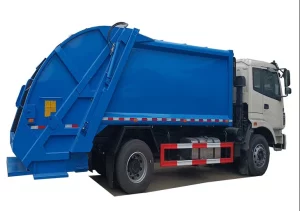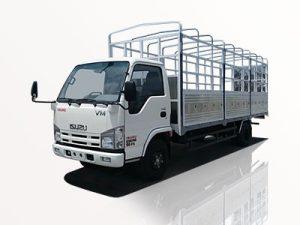Monday to Saturday - 8:00 -17:30
Understanding the China Truck Isuzu Engine: Performance, Technology, and Applications
Introduction
The Isuzu engine has earned a reputation for reliability and efficiency, making it a popular choice for trucks in various markets, including China. With the rapid development of China’s automotive industry, Isuzu engines are increasingly becoming integral to many truck models due to their performance and robustness. This article delves into the characteristics of the China truck Isuzu engine, examining its technology, applications, and benefits to help you understand why it’s a top choice for commercial vehicles.
1. Overview of Isuzu Engines
1.1 History of Isuzu in China
Isuzu Motors Ltd., a Japanese automotive manufacturer, has a strong presence in the Chinese market. Since the 1990s, Isuzu has invested significantly in production facilities, joint ventures, and technology transfer to cater to the growing demand for commercial vehicles in China.
1.2 Types of Isuzu Engines
Isuzu manufactures a variety of engines, ranging from diesel to gasoline. The most prominent engines in truck applications are:
- 4JA1 – A compact 2.8L diesel engine.
- 4HJ1 – A larger 3.0L turbocharged diesel engine.
- 6HK1 – A robust 7.8L engine used in heavy-duty trucks.
2. Key Features of the China Truck Isuzu Engine
2.1 Fuel Efficiency
One of the main advantages of Isuzu engines is their fuel efficiency. The design minimizes fuel consumption while maximizing power output, aiding businesses in reducing operating costs.
2.2 Durability and Reliability
Isuzu engines are built to withstand demanding conditions. With high-quality materials and thorough testing processes, they deliver exceptional durability, making them suitable for various applications from long-haul transport to construction work.
2.3 Advanced Technology
Isuzu continuously innovates, integrating advanced technologies like common-rail fuel injection, turbocharging, and electronic control systems in their engines. These technologies enhance performance, reduce emissions, and ensure compliance with stringent environmental regulations.
3. Applications of China Truck Isuzu Engines
3.1 Commercial Trucking
Isuzu engines are frequently used in commercial trucking fleets, providing the power and efficiency needed for transporting goods across various terrains.
3.2 Construction and Heavy-Duty Applications
The robustness of Isuzu engines allows them to excel in heavy-duty applications such as construction trucks and machinery, with the ability to perform under challenging conditions.
3.3 Logistics and Delivery Services
Due to their reliability, Isuzu engines are preferred by logistics companies that require consistent performance for delivery trucks.
4. Comparing China Truck Isuzu Engines with Competitors
4.1 Performance Metrics
| Engine Model | Power Output (hp) | Fuel Efficiency (mpg) | Torque (Nm) |
|---|---|---|---|
| 4HJ1 | 130 | 25 | 300 |
| 6HK1 | 250 | 20 | 650 |
| Competitor A | 150 | 22 | 350 |
| Competitor B | 270 | 18 | 700 |
4.2 Cost of Ownership
When comparing ownership costs, Isuzu engines tend to offer a lower total cost of ownership due to their longevity and fuel efficiency. Competitive engines may have cheaper upfront costs but could incur higher maintenance and fuel expenses over time.
5. Maintenance Tips for Isuzu Engines
5.1 Regular Oil Changes
Frequent oil changes are critical in prolonging the engine’s life. It’s advisable to replace the oil and filter at regular intervals, as indicated in the owner’s manual.
5.2 Coolant System Maintenance
Ensure the coolant system is in good working condition. This involves checking the radiator, hoses, and fluid levels to prevent overheating.
5.3 Air Filter Replacement
A clean air filter improves engine performance and efficiency. It should be inspected and replaced based on usage and the operating environment.
6. Environmental Considerations of Isuzu Engines
6.1 Emission Standards Compliance
Isuzu engines comply with strict emission standards, which is crucial for environmentally conscious enterprises. The integration of technologies like exhaust gas recirculation (EGR) and diesel particulate filters (DPF) helps to minimize harmful emissions.
6.2 Sustainable Manufacturing Practices
Beyond engine performance, Isuzu focuses on sustainable manufacturing processes, including waste reduction and energy-saving initiatives in their facilities throughout China.
7. Customer Feedback and Case Studies
7.1 Success Stories from the Field
Many fleet managers have reported improvements in operational efficiency after incorporating Isuzu engines into their fleets. For instance, a logistics company in Shanghai reported a 15% increase in fuel efficiency after switching to trucks fitted with Isuzu engines.
7.2 Customer Testimonials
“We rely on Isuzu trucks for our daily operations. Their reliability and fuel savings have made a significant impact on our bottom line,” says a fleet manager from Beijing.
8. Future Trends in Isuzu Engine Development
8.1 Hybrid and Electric Engine Innovations
As the automotive industry shifts towards sustainability, Isuzu is investing in hybrid and electric engine technology. These innovations aim to reduce fossil fuel dependency and lower greenhouse gas emissions.
8.2 Continued Performance Enhancements
The demand for better fuel economy and performance drives Isuzu’s ongoing research and development efforts, ensuring that their engines keep pace with industry standards and customer needs.
9. Frequently Asked Questions (FAQs)
9.1 What types of trucks are equipped with Isuzu engines in China?
Isuzu engines power a variety of trucks in China, including light-duty delivery trucks, heavy-duty freight trucks, and construction vehicles.
9.2 How often should I service my Isuzu engine?
Regular maintenance is recommended every 5,000 to 7,500 kilometers, depending on the model and usage conditions. Always refer to the owner’s manual for specific guidelines.
9.3 Where can I find genuine Isuzu engine parts in China?
Genuine parts can be purchased through authorized Isuzu dealerships and various online markets that specialize in automotive parts.
9.4 What is the average lifespan of an Isuzu engine?
With proper maintenance, Isuzu engines can last over 10 years or 500,000 kilometers, providing durability that is essential for commercial use.
9.5 Are Isuzu engines compliant with the latest emissions regulations?
Yes, Isuzu engines are designed to meet the latest emissions regulations in China and other markets, thanks to advanced emissions control technologies.
9.6 Can I convert my Isuzu truck to run on alternative fuels?
Yes, some Isuzu engine models can be adapted for alternative fuels, but it’s essential to consult with a professional for safety and compatibility considerations.


